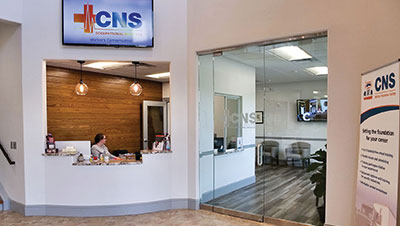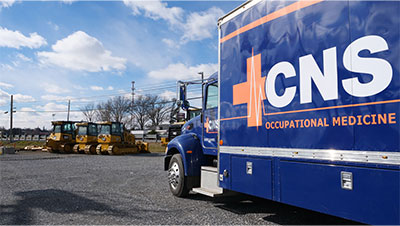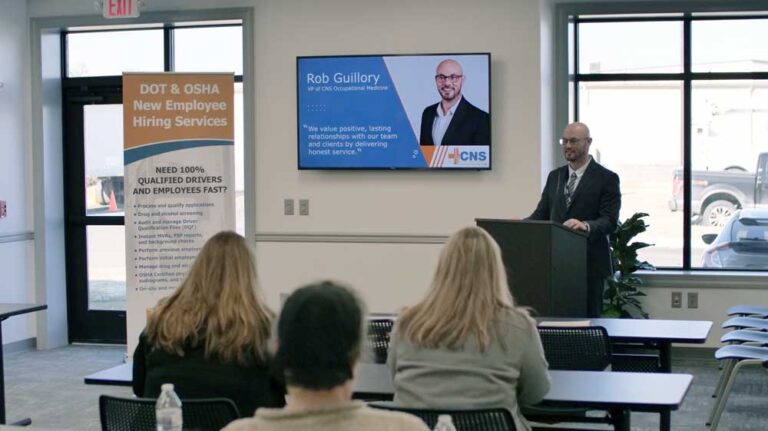When compared to all industries, construction workers are more likely to die of overdose than workers in any other occupation.
Construction workers already had the highest on-the-job death toll of any industry.
The Bureau of Labor Statistics reported 5,190 fatal work injuries in the U.S. in 2021. Of those deaths, nearly 20% occurred in construction, second only to transportation and materials handling.
Now, a new analysis by the Centers for Disease Control and Prevention says there were more than 162 overdose deaths per 100,000 construction workers in 2020, the most recent year for which data is available.
To compare in the same year, the number of overall deaths on the job in construction was about 10 workers per 100,000, according to data from the Department of Labor.
This means construction workers were roughly 16 times as likely to die of an overdose as they were from a work-related injury!
How did this happen?
Statistically, drug overdose is a bigger threat to construction workers’ health and safety than the actual work.
The issue comes, at least in part, from addictive medication (the opioid epidemic) that workers are prescribed to manage pain from injuries.
Related: Should We Add Fentanyl to Drug Test Federally-Regulated Employees?
The CDC showed that opioid prescriptions nearly quadrupled from 1999 to 2014 and prescription opioid overdose deaths increased similarly during this period.
In fact, more than 240 million prescriptions were written for opioids in one year, according to a study from the Department of Health and Human Services (HHS). This is more than enough to give every American adult their own bottle of pills.
In 2017, the opioid crisis claimed 64,000 American lives, according to the Centers for Disease Control and Prevention. In other words, more than 140 Americans died every day from an opioid overdose which equates to a school’s graduation class or a 737 airplane crash every day.
In Pennsylvania, the drug overdose mortality rate doubled, from 21.9 deaths per 100,000 people in 2014 to 42.4 in 2020.
Related: Pennsylvania Legalizes Use of Fentanyl Test Strips to Reduce Overdose Deaths
What construction employers can do to help
The CDC recommends employers to:
- Ensure workers have access to health benefits that cover comprehensive injury care, physical therapy, mental health, and substance use treatment.
- Provide paid time off when a worker gets injured on the job.
- Share information with employees on how to avoid opioid misuse and speak to medical providers about alternative pain treatments.
- Provide a work environment where workers feel safe talking about mental health and substance use without fear of stigma or repercussions, such as job loss.
- For large companies, establish employee assistance and peer support programs.
- For small companies, work with trusted community-based organizations and leaders to get workers the help and support they need.
Does your policy test for prescription painkillers or other opioids?
Employers need to make sure to administer drug tests for synthetic opioids, which the DOT did back in 2018, adding four commonly abused opioids: hydrocodone, hydromorphone, oxycodone, and oxymorphone.
However, employers need to make sure there is a clear review by a Medical Review Officer to determine if prescriptions caused a positive drug test before terminating an employee.
Managers also need to refresh themselves on the requirements and the importance of reasonable suspicion to keep the workplace safe.
There are several signs and symptoms employers should be aware of when abusing opioids. These include:
- Slurred speech
- Unsteady standing or walking
- Inability or difficulty completing routine tasks
- Disorientation or confusion
- Erratic or unusual behavior
It is common practice to have safety-sensitive employees report the use of prescription or over-the-counter medications that could impact safety. Employees in dangerous jobs should not report for work while using prescription or over-the-counter medications that could affect their ability to perform their jobs safely.
CNS Occupational Medicine can help with customized policy development
Drug testing policies can be complicated and should consider:
- Purpose of the Policy
- Specimen Types
- Testing Procedures
- Prescription Drug Disclosure
- Federal Regulations (DOT)
- State Drug Testing Laws and Marijuana Laws
- Workers’ Compensation
- ADA
- Prohibited Conduct
- Consequences
Our Occupational Medicine Team can also develop a custom workplace safety plan for your company. You may need a combination of services like physicals, COVID-19 testing, and drug testing, and you may also need these services performed on-site.
For more information, contact us at 800.551.9816 or info@cnsoccmed.com.










